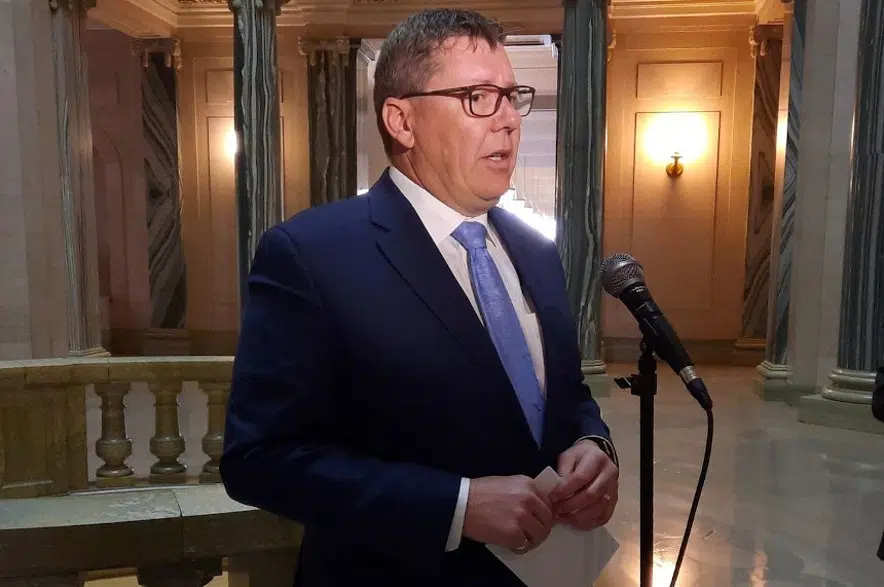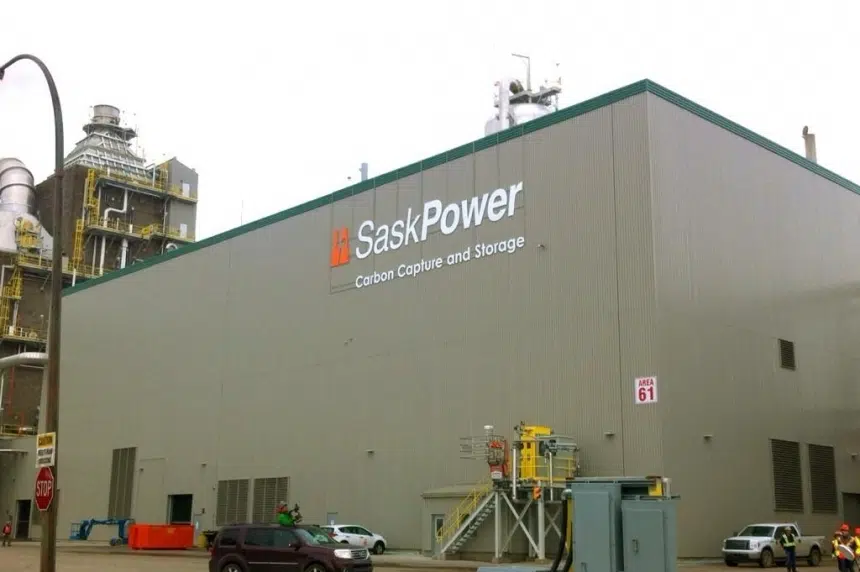While the Canadian government appears to be moving ahead with its regulations to have all electricity generation in the country at net-zero emissions by 2035, Saskatchewan’s premier will be staying the course with his own plan.
Last week, the federal government released its draft proposal for net-zero regulations, with a few months to go now for the provinces to give their feedback.
But Premier Scott Moe said his government is going to stick with its own plan to get to net zero by 2050, allowing current fossil fuel infrastructure to live out its full life.
“The federal government seems to have a different timeline than what we have put forward in Saskatchewan. Fair enough, they can have whatever timeline they have, it doesn’t impact how we generate power due to the wording of the Constitution,” Moe said Friday.
SaskPower has previously said it’s not possible to get Saskatchewan to net zero in the next 12 years, and even if the province could, it would more than double people’s power bills.
“It’s unrealistic and unaffordable so we won’t be doing it,” said Moe.
The premier also repeated his government’s assertion that power generation is one of the things that is solely under provincial jurisdiction, according to the Constitution.
Moe did say there are other parts of Saskatchewan’s plan that still haven’t been figured out yet, like whether coal plants would shift to natural gas for the last 10 or 12 years of their lives.
“Understanding one of those coal-fired plants is actually outfitted with carbon capture and storage and ultimately sending that carbon to be used for advanced oil recovery,” said Moe.
When asked for his response to the federal government’s proposed plan, Moe said the real question is what’s the federal response to Saskatchewan’s plan.
“We’ve said what we’re going to do. How are they going to respond when they feel that it might be violating some ideological target that they have?” he said.
Regina Conservative MP Andrew Scheer agreed that if Saskatchewan was to be forced to abide by the federal government’s plan, it would be devastating for the province.
“Rather than take a collaborative, constructive approach with Western Canadian premiers, Justin Trudeau has once again shown that he’s going to impose an Ottawa knows best, top down, doesn’t matter who he hurts ideological agenda,” said Scheer.
Scheer said the 2050 target would be a much more realistic timeline, and if implemented federally, would be much more co-operative with provincial governments.












